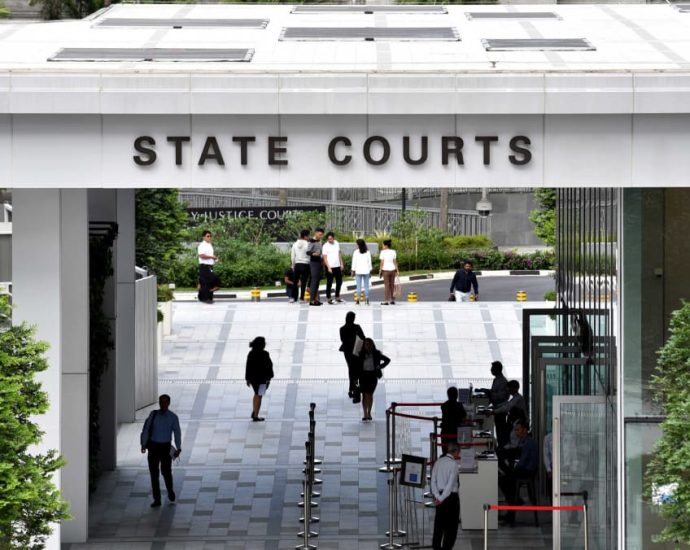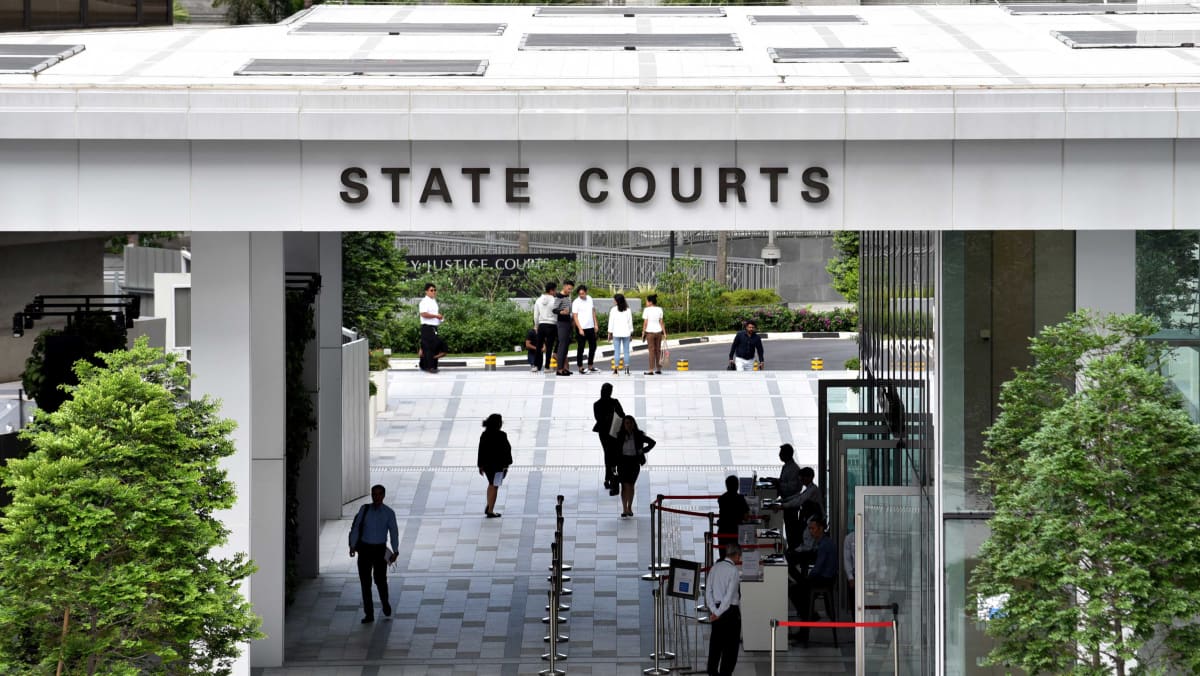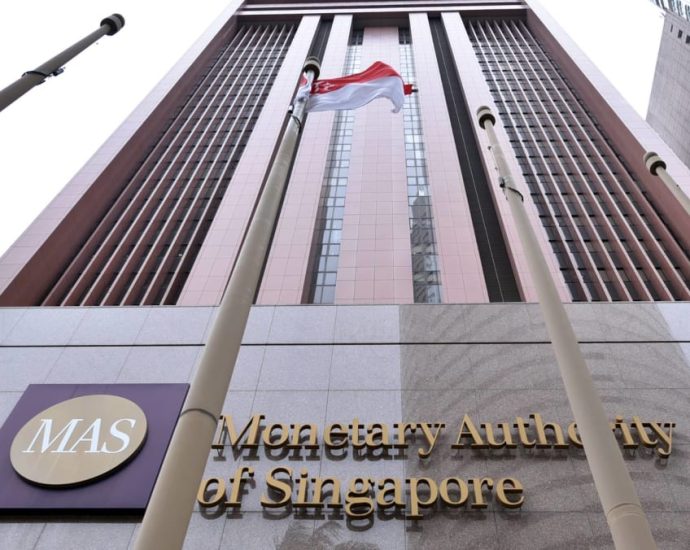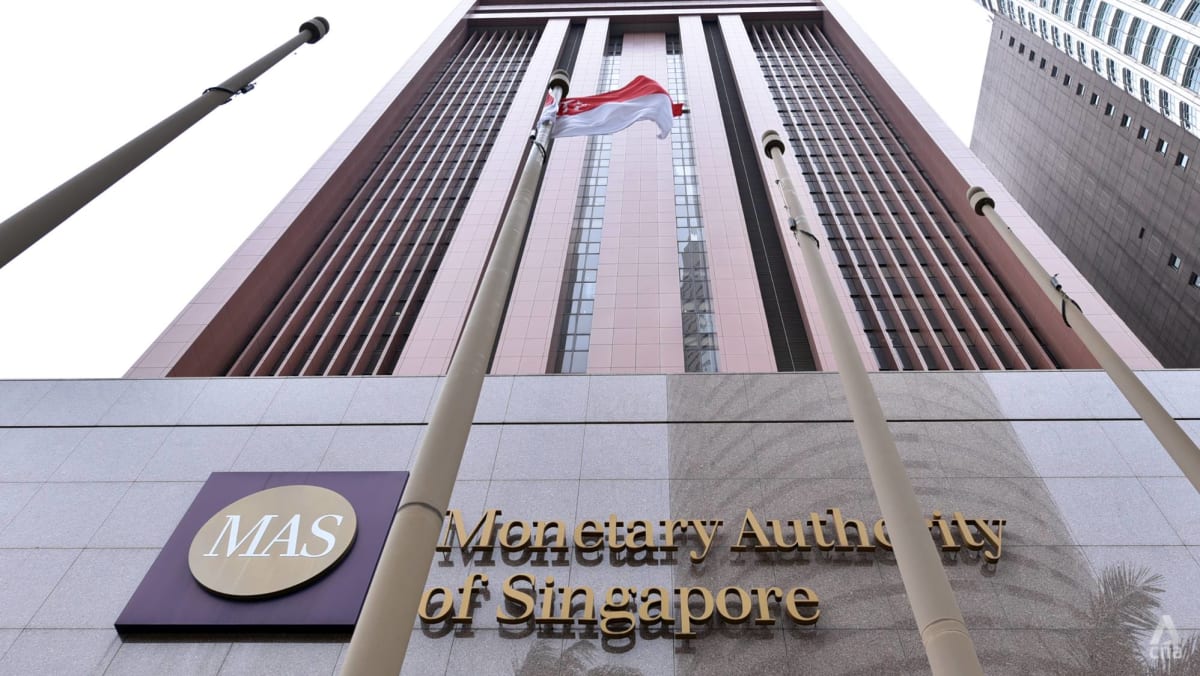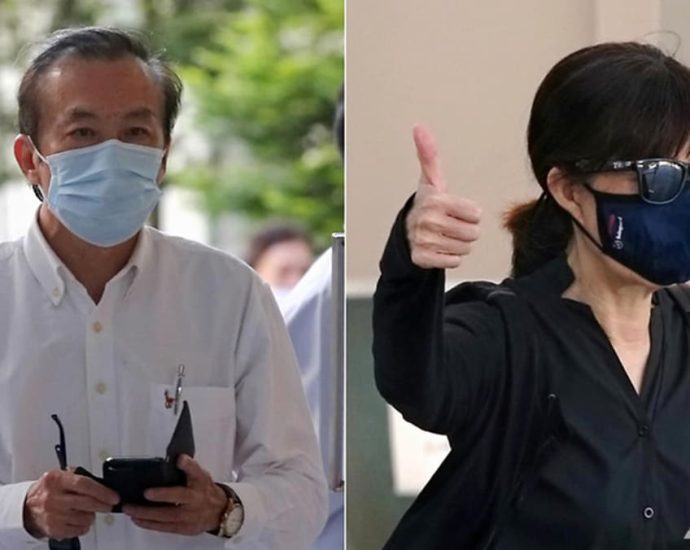India’s booming population needs more women at work
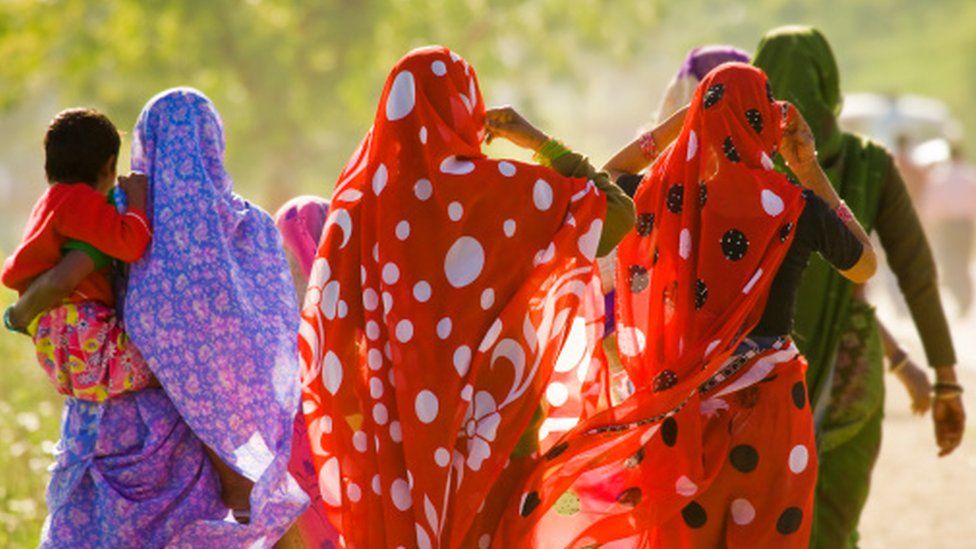 Getty Images
Getty ImagesLast month, India surpassed China as the world’s most populous country, prompting analysts to point out the potential benefits of its significant young demographic. However, a major obstacle to realising this potential is the insufficient representation of women in India’s workforce. The BBC’s Arunoday Mukharji reports.
When Lavanya Uluganathan decided to take a break from work in 2014 to have a baby, she felt torn and dismayed.
But the HR professional from the southern state of Tamil Nadu, who says she was at the “peak of her career” then, was clear that she wanted to spend time with her family.
Four years and two children later, she felt ready to re-join the workforce. But finding a job was hard.
She faced repeated rejections, and recruiters also asked her to take massive salary cuts, arguing that she couldn’t expect anything else after taking a break.
“It was a huge setback for my career,” she says.
Ms Uluganathan is not alone. Nearly half of India’s population is female and yet, the number of working women has fallen to record lows in the past two decades. According to data from the World Bank, the female participation rate in India’s labour force was at its peak in 2000 at 31%. Since then, it has consistently fallen, hitting a low of 21% in 2018.
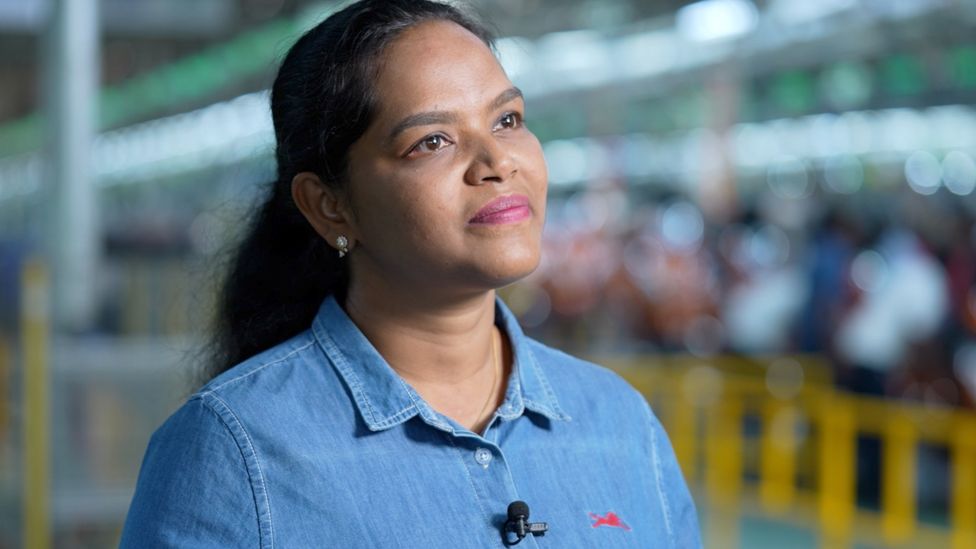
There are many reasons for this. India is still a largely patriarchal society, where women are expected to be primary caregivers at home. Indian women spend eight times the number of hours on unpaid care work compared with men, according to a national time use survey from 2019. The global average is three times.
Experts say that safety concerns and not being able to find jobs close to home also prevent women in big cities from joining the workforce.
After months of searching, Ms Uluganathan did find a job – as a human resources manager at one of India’s biggest two-wheeler manufacturers.
The company has a scheme for women who are returning to their careers after a professional break – it offers flexible working hours, mentoring and training to them.
Ms Uluganathan said the programme helped her find her ground again.
“If you want us to come back with the same energy and enthusiasm, these kind of programmes have to be there,” she says.
Official data shows that only 32% of Indian women work after they get married – and most of them are part of the agricultural sector.
Ashwini Deshpande, an economics professor and head of the Centre for Economic Data and Analysis at Ashoka University, says that the country needs to create more non-farm opportunities in rural areas so that women can find jobs beyond agricultural work.
“If you want to gain from India’s gender dividend, then women need to be productively employed,” she says.
A 2018 McKinsey report estimated that India could add $550bn to its gross domestic product by increasing its female labour force participation by just 10%.
Currently, women employees account for less than 20% of India’s manufacturing sector. But some changes are visible, especially in the industrial belt of Hosur in Tamil Nadu.
Located just 35km (21 miles) away from the information technology hub Bengaluru (formerly Bangalore), Hosur is home to a host of industries and has become an attractive destination for investments.
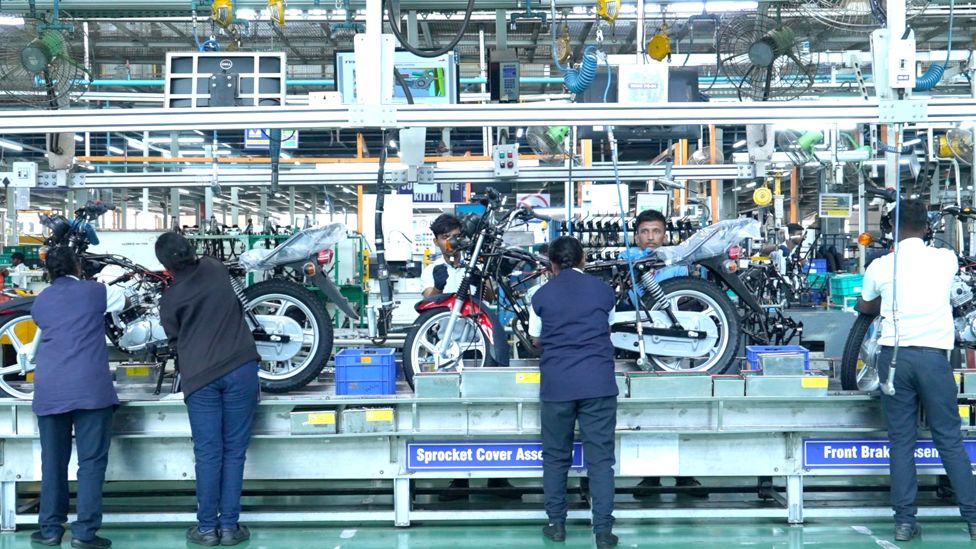
Six years ago, Roshni Lugun left her home – 2,000km away in Odisha state – and came to Hosur to work as an engineer in a factory. She started off by making shock absorbers for two- and three-wheelers and is now a staff supervisor.
“I wanted to try something new,” she says. “If I had stayed at home, I would never have progressed so far. I could not have achieved this.”
Like Ms Lugun, hundreds of other women working at the plant are changing the face of what was once a male-dominated industry. Even companies in the area are focusing on hiring more women in their workforce.
Gabriel India Ltd – an auto parts company in Hosur – says that more than 20% of the workers in its factories are women. The firm says the move makes sense from a business point of view. “Our internal studies have shown that attrition rates for women are lower,” says Atul Jaggi, president and deputy managing director of Gabriel India.
The company provides perks such as on-site accommodation, subsidised food and several training programmes to attract more women workers.
“It doesn’t cost more. These are basic facilities which any good organisation should have,” Mr Jaggi says.
Ms Lagun agrees. “Why should it be that for India’s economy to grow, only men have to work? We can also help,” she says as she supervises a female colleague who is putting the finishing touches on shock absorbers which will be fitted on two-wheelers.
For Ms Lagun personally, the most exciting part of her job is that it gives her a sense of independence .
“Sometimes when I am out with my friends, I spot a motorcycle fitted with our auto parts. And I say, look, I have made it. It makes me happy and proud,” she says.
BBC News India is now on YouTube. Click here to subscribe and watch our documentaries, explainers and features.

Read more India stories from the BBC:
- Deaths raise fresh fears over cow vigilantism in India
- At least 22 dead as boat capsizes in south India
- Ethnic clashes in Indian state leave dozens dead
- Revisiting Covid front lines with India’s ‘Corona slayer’
- What went wrong with India’s Go First airline?
- The ‘dancing on the grave’ murder that shook India
- Why peace talks are not on Zardari’s agenda in India








